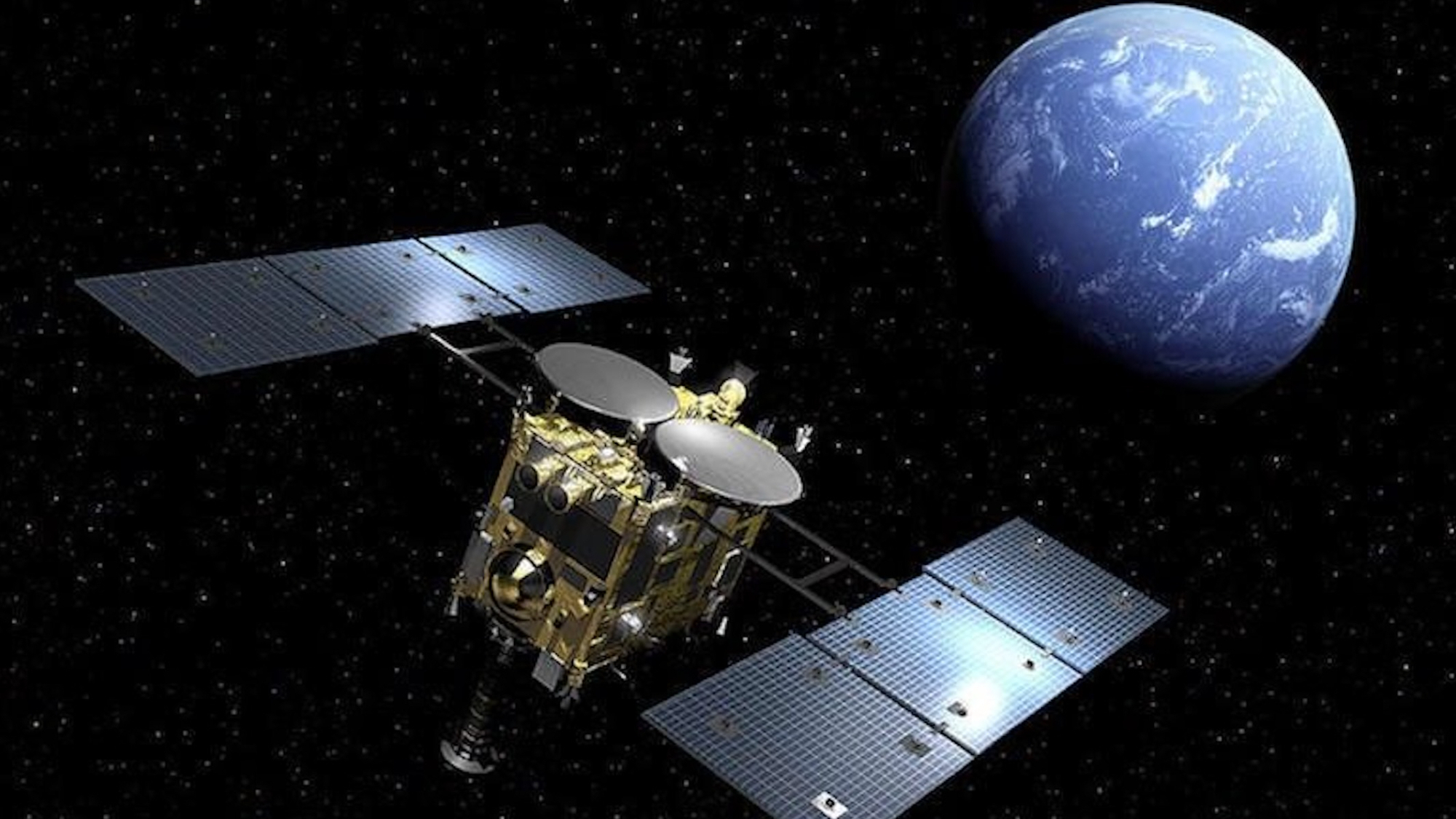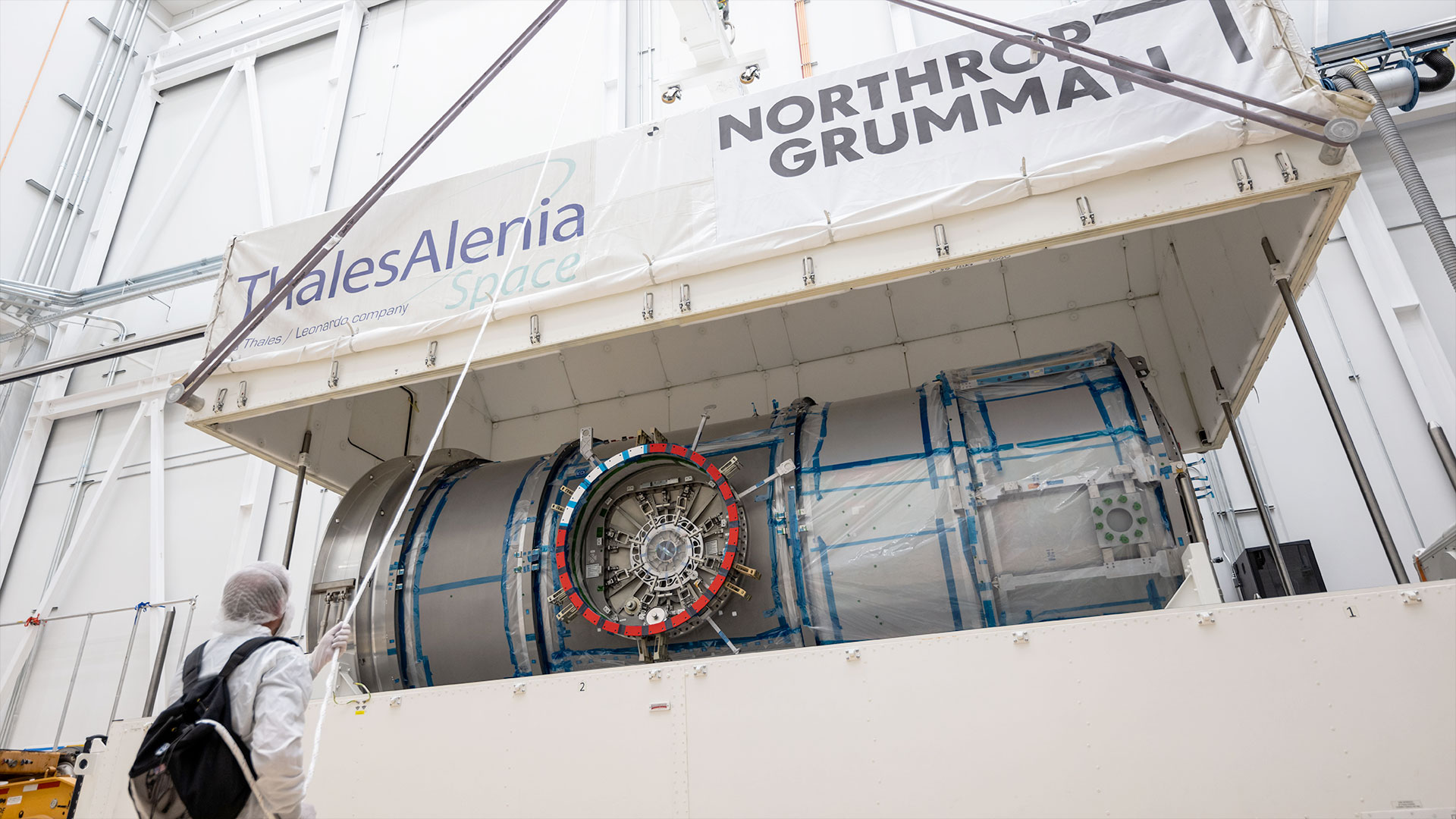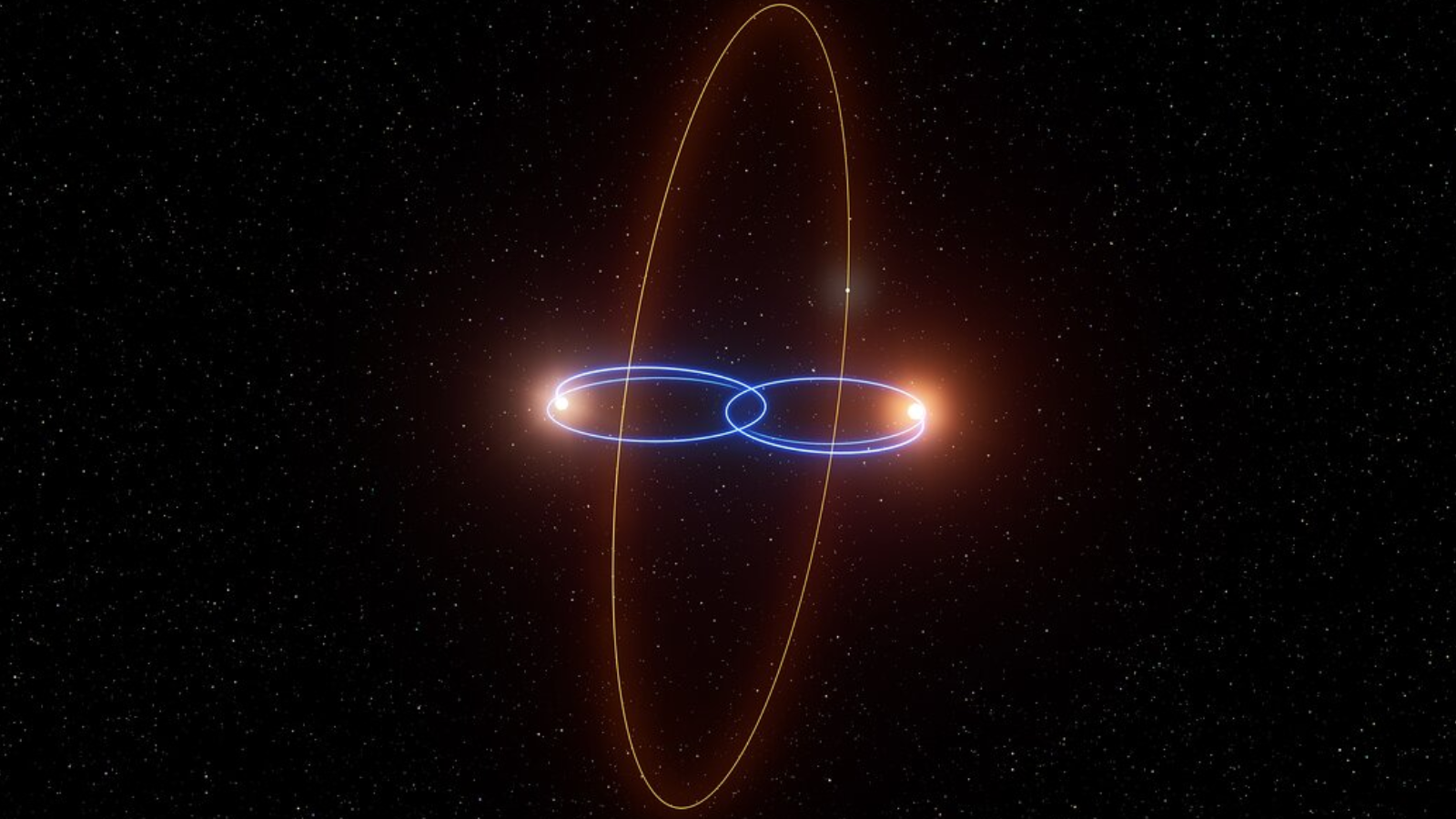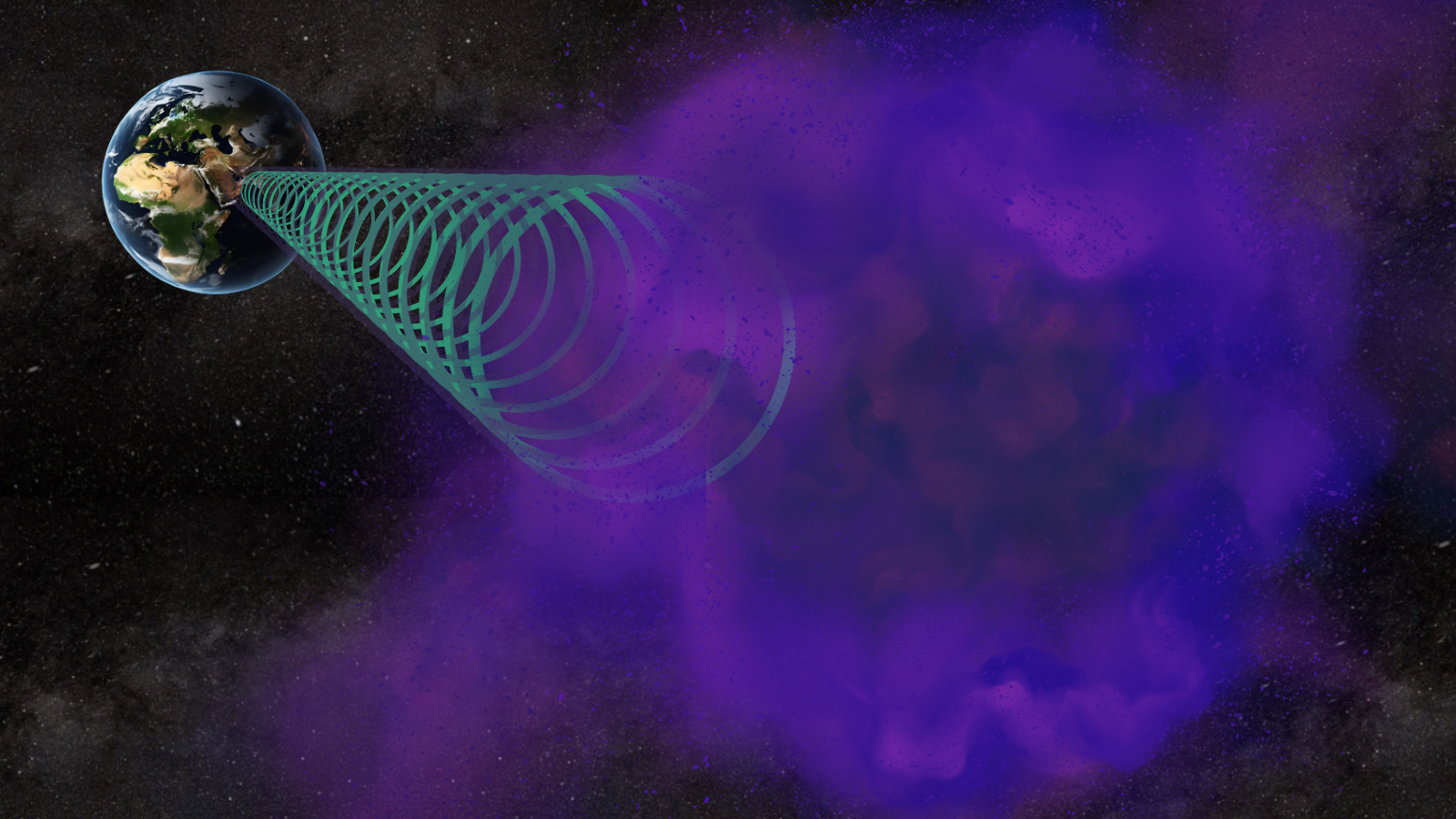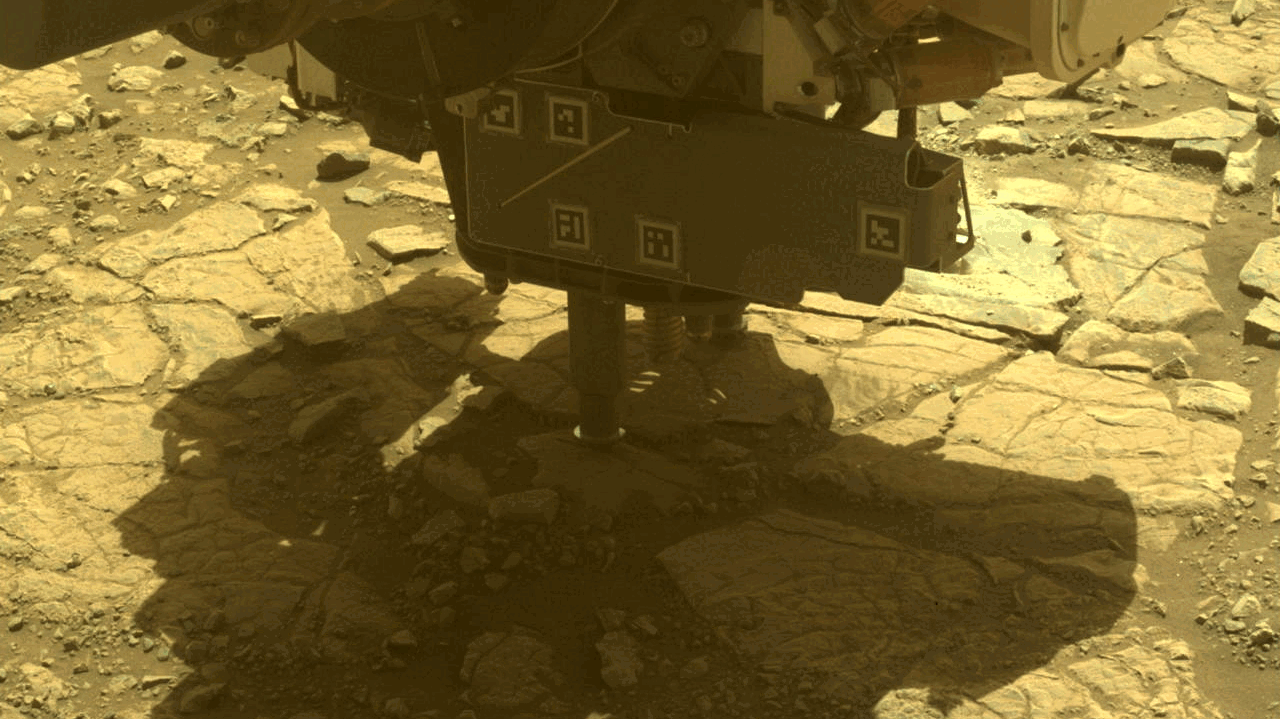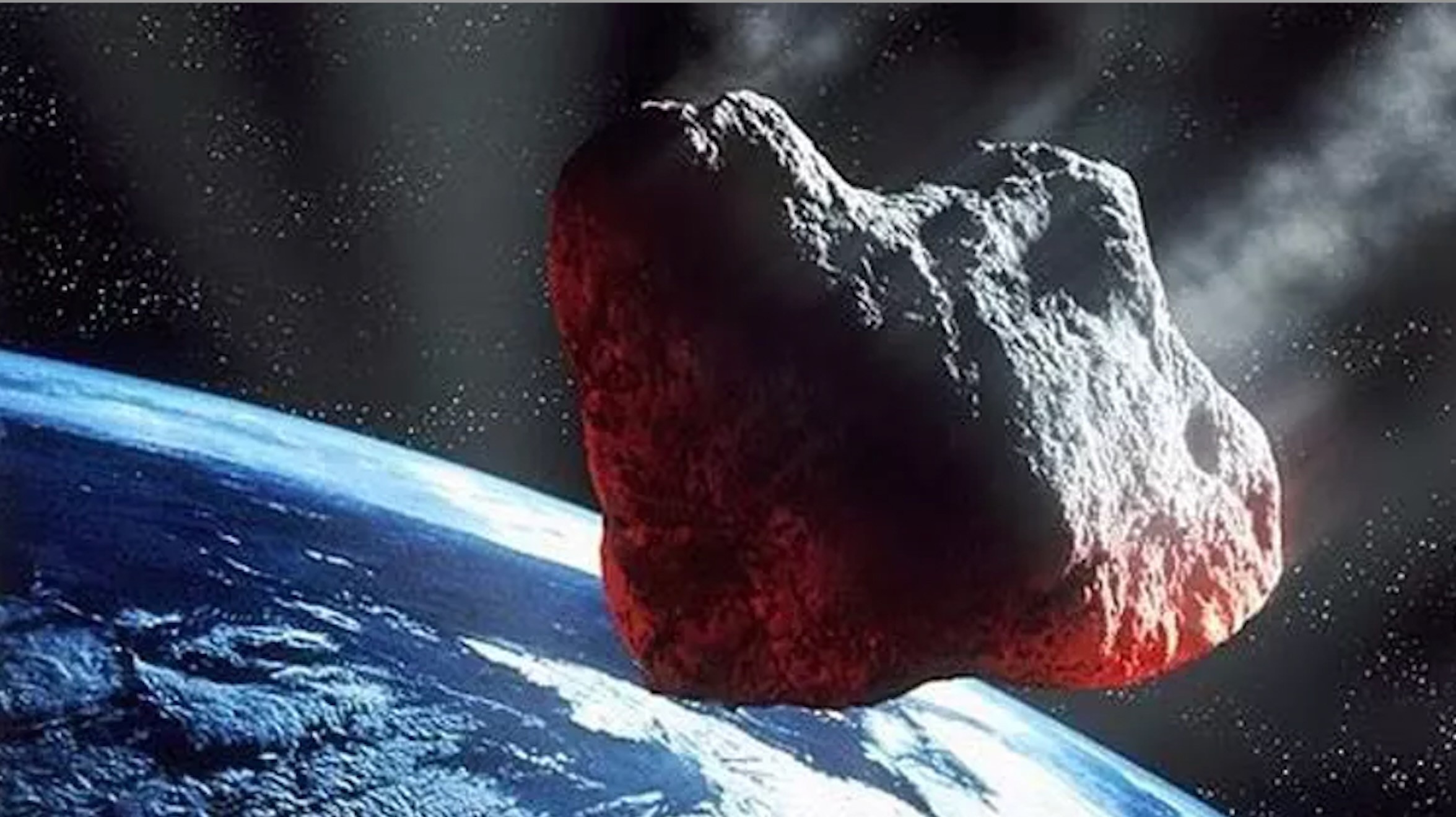Magnetic Fields of 'Hot Jupiter' Exoplanets Are Much Stronger Than We Thought
The exoplanets' magnetic fields range from 20 to 120 gauss, while Earth's is 0.5 gauss.
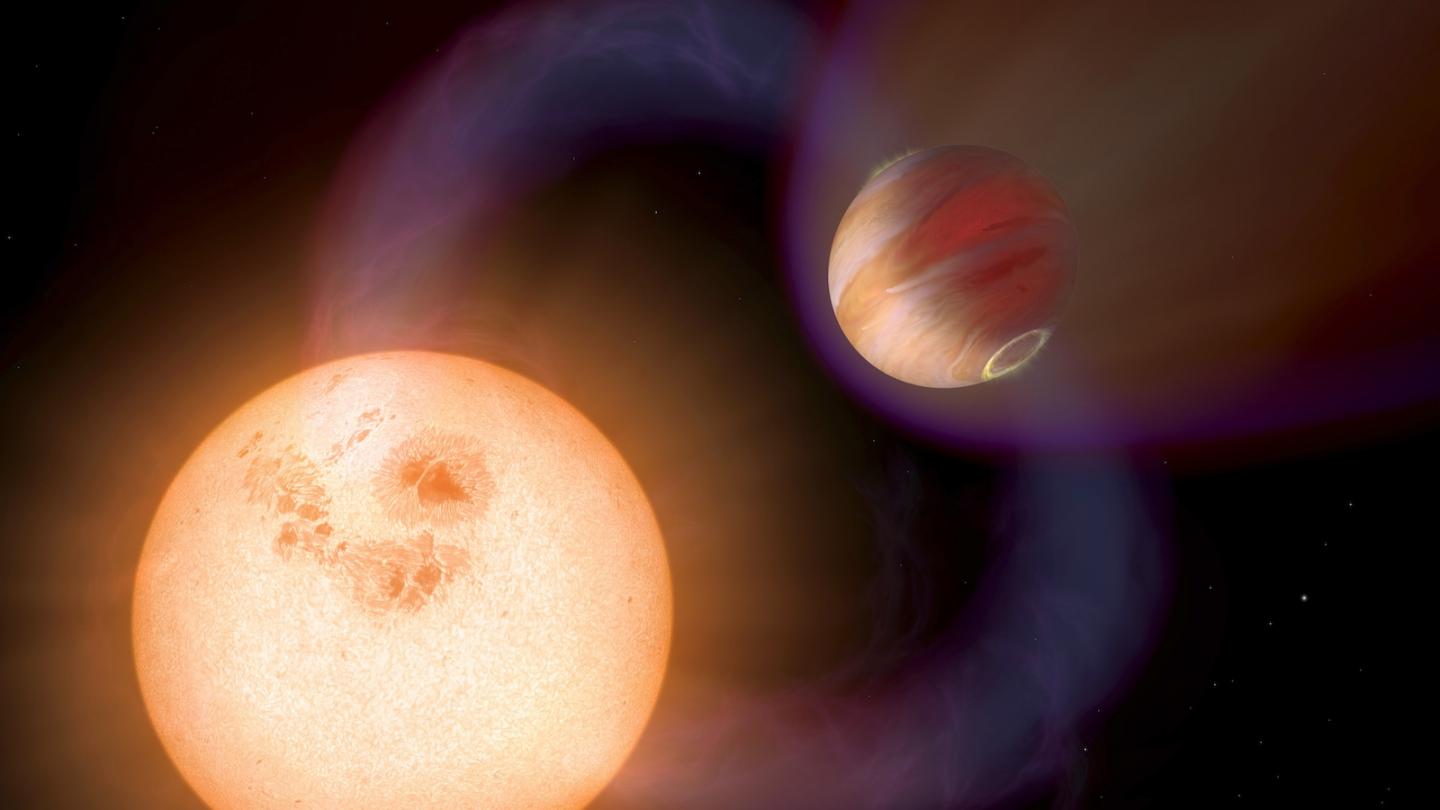
Astronomers have measured the magnetic fields of "hot Jupiters" for the first time, and these giant, hot alien planets have a way stronger magnetic core than our solar system's own Jupiter.
The team of scientists looked at four hot Jupiter exoplanets and found that their magnetic fields ranged between 20 and 120 gauss (the unit of measurement of the magnetic field passing through a surface). Meanwhile, the measurement for Jupiter's magnetic field comes in at 4.3 gauss and Earth's measures at 0.5 gauss.
"This is the first estimate of the magnetic field strengths for these planets based on observations, so it's a huge jump in our knowledge," Evgenya Shkolnik, associate professor at Arizona State University's School of Earth and Space Exploration, and one of the authors of the new study, said in a statement. "It's giving us a better understanding of what is happening inside these planets."
Related: The Strangest Alien Planets (Gallery)
Hot Jupiters are giant gas exoplanets with orbits that are close to their host stars, even closer than Mercury is to our own sun. These planets travel within their stars' magnetic field, and the two bodies' magnetic fields interact in a powerful and continuous way.
In order to measure the hot Jupiters' magnetic fields, the team observed the stars' calcium emissions from the interactions between the planets and their stars, according to the statement. They then combined the calculations of the stars' emissions with a theory of how the planets' magnetic fields interact with the magnetic fields of their stars.
"Magnetic fields like to be in a state of low energy," Wilson Cauley, a researcher at the University of Colorado and lead author of the study, said in the statement. "If you twist or stretch the field like a rubber band, this increases the energy stored in the magnetic field."
Get the Space.com Newsletter
Breaking space news, the latest updates on rocket launches, skywatching events and more!
As a result of the hot Jupiters' closer orbit around their stars, they would "twist and stretch" the star's magnetic field, causing its ionized calcium emissions to increase.
The results suggest that the magnetic fields of exoplanets don't just depend on their age and rotation, but rather on the amount of heat in a planet's core. Hot Jupiters have stronger magnetic fields compared to other planets of equal size and rotation rate because they are absorbing additional energy from their host stars, according to the statement.
"We knew nothing about their magnetic fields — or any other exoplanet magnetic fields — and now we have estimates for four actual systems," Shkolnik said.
The study was published in the journal Nature Astronomy on July 22.
- Giant 'Hot Jupiters' May Grow Even Larger with Age
- Why 'Hot Jupiter' Exoplanets Aren't Eaten by Their Stars
- Why Huge 'Hot Jupiter' Alien Planets Are So Puffy
Follow Passant Rabie on Twitter @passantrabie. Follow us on Twitter @Spacedotcom and on Facebook.
Join our Space Forums to keep talking space on the latest missions, night sky and more! And if you have a news tip, correction or comment, let us know at: community@space.com.

Passant Rabie is an award-winning journalist from Cairo, Egypt. Rabie moved to New York to pursue a master's degree in science journalism at New York University. She developed a strong passion for all things space, and guiding readers through the mysteries of the local universe. Rabie covers ongoing missions to distant planets and beyond, and breaks down recent discoveries in the world of astrophysics and the latest in ongoing space news. Prior to moving to New York, she spent years writing for independent media outlets across the Middle East and aims to produce accurate coverage of science stories within a regional context.



